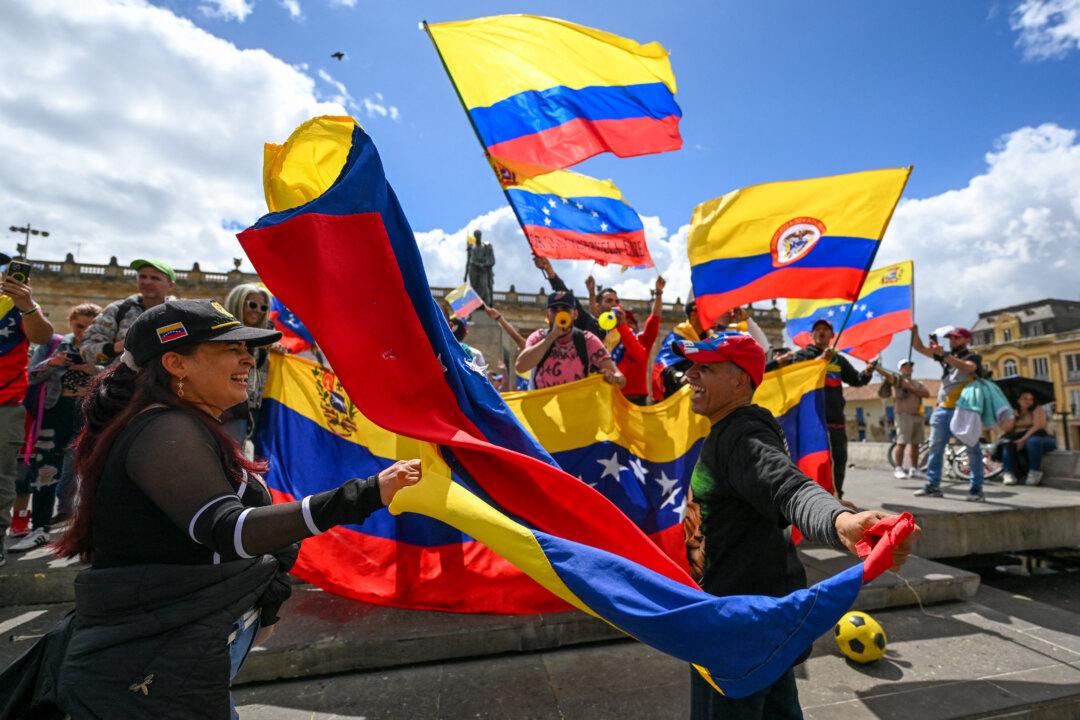In the aftermath of deadly prison riots and economic fallout from the arrival of the CCP (Chinese Communist Party) virus, Ecuadorians are grappling with a historic four-year spike in violent crime, which hit new highs in 2021.
Murders in the country have doubled from January to August this year, according to the Ministry of the Government. Additionally, armed assaults increased by 28.4 percent, vehicle theft is up 58 percent, and burglaries have risen 16 percent.





